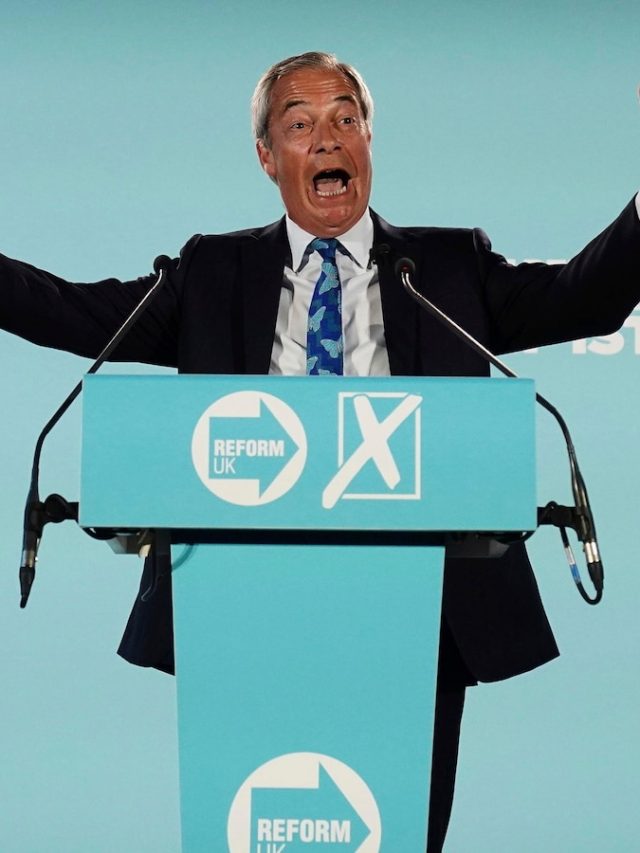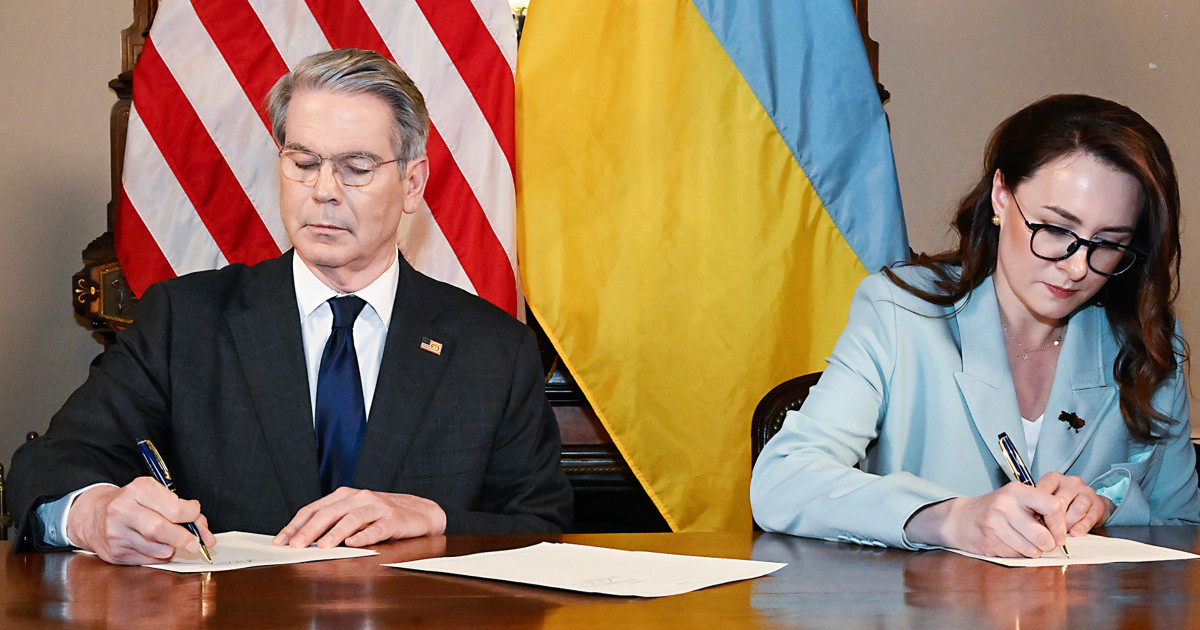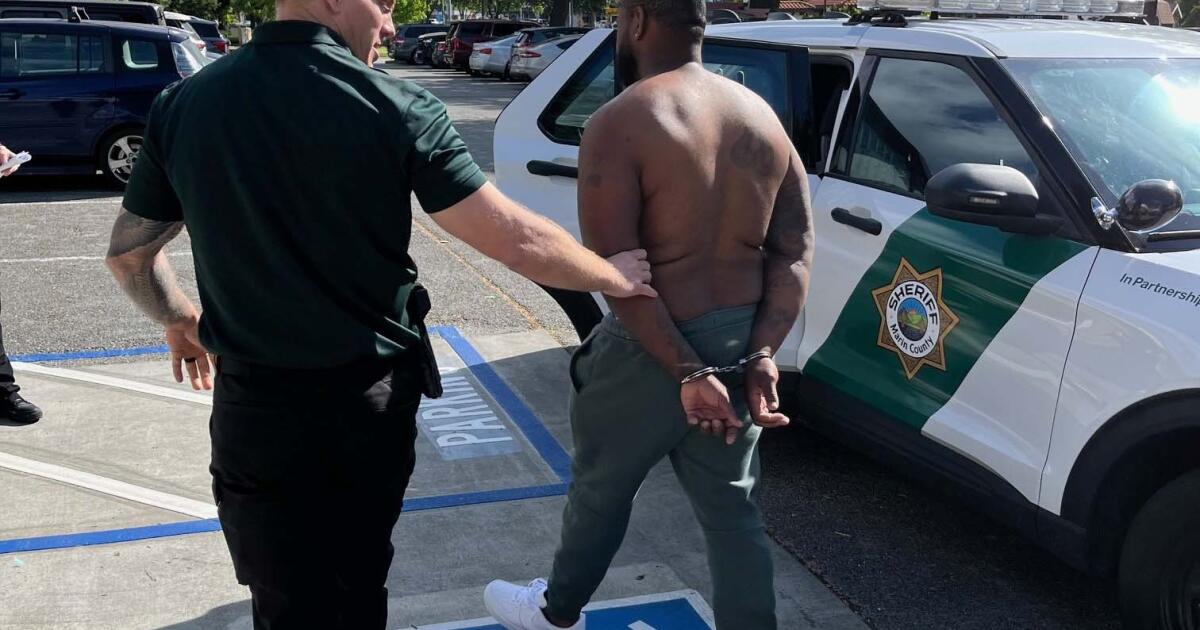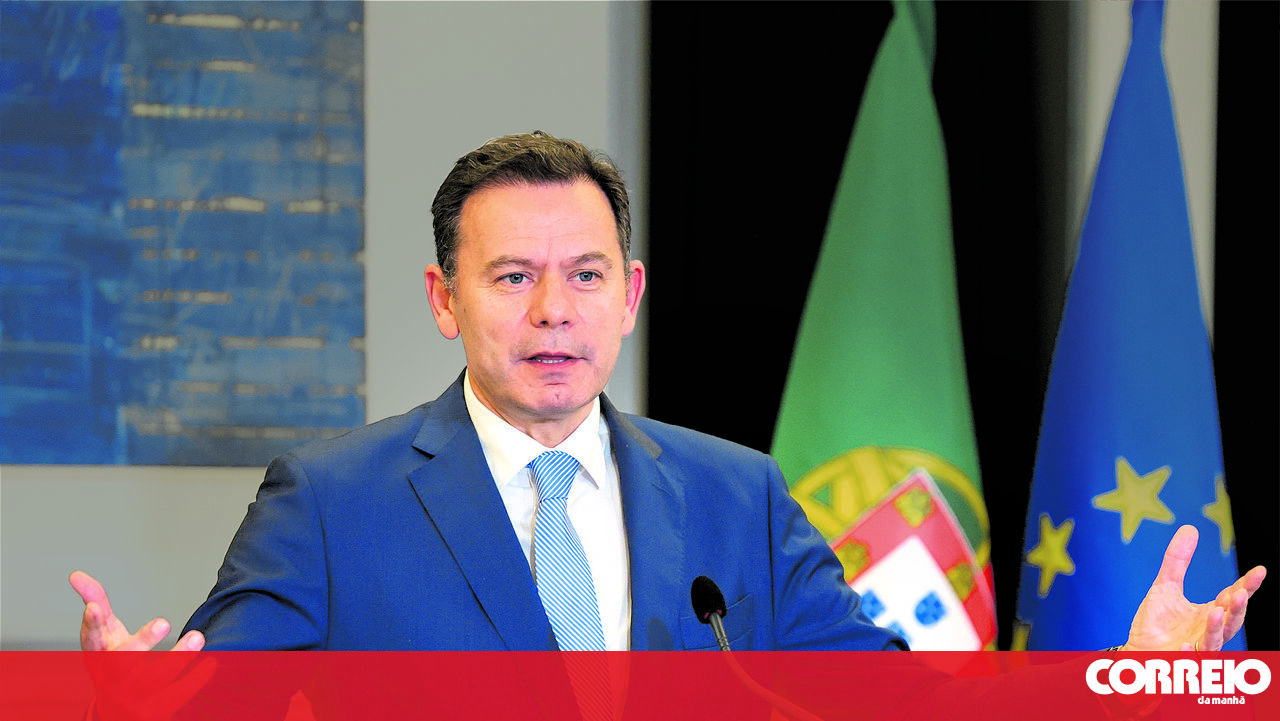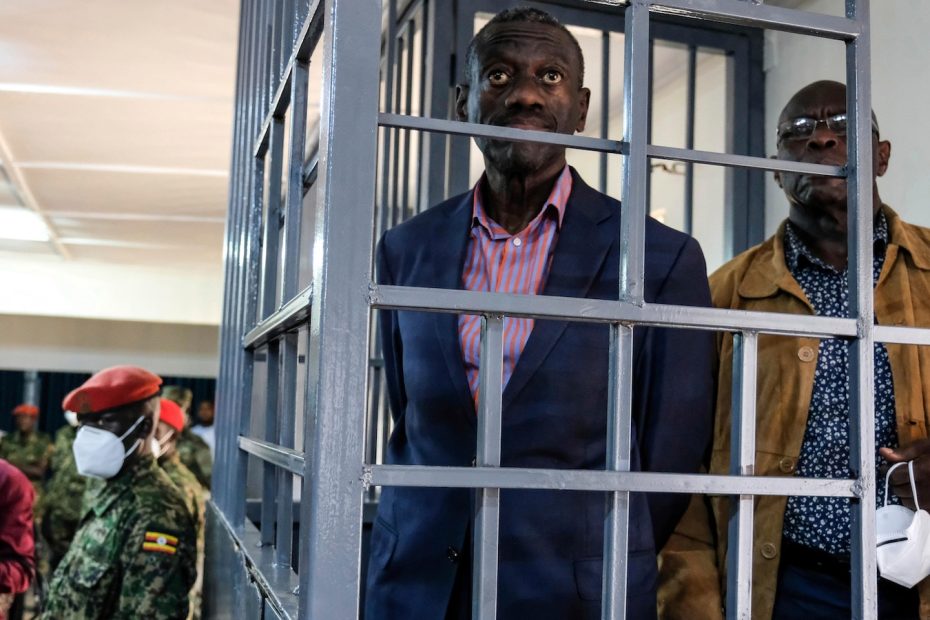Ugandan military court rules opposition figure can be tried for treason
Kampala, Uganda—— A prominent Ugandan opposition figure will be tried for aggravated treason, a military court ruled on Tuesday, escalating legal troubles for Kizza Besigye ahead of presidential elections scheduled for 2026.
Treason is punishable by death for those convicted.
Besigye, who had run for the presidency four times, disappeared on November 16 in Nairobi, the capital of Kenya. Days later, he and his co-accused, an aide named Obeid Lutale, appeared before a military court in Kampala, Uganda. capital.
Besigye was charged with illegal possession of firearms and allegedly seeking military support overseas to undermine national security. Besigye denies the charges and has been remanded in custody.
A military prosecutor on Monday amended the charge sheet to include treason and introduced a third suspect, a serving officer, surprising defense lawyers who later questioned the move.
Besigye, 68, has faced multiple arrests and attacks during his political career. But he was never convicted.
Amnesty International called for Besigye's release, saying his “kidnapping constitutes a clear violation of international human rights law as well as the extradition process and its necessary fair trial protections.”
Human Rights Watch said Besigye's trial was “the latest example of Ugandan authorities abusing military courts and military-related charges to suppress opposition.”
The Besigye trial is being watched closely by Ugandans, who are anxious about political manipulation ahead of the presidential election. Although Yoweri Museveni, who has been in power since 1986, is expected to seek re-election, some observers believe he may step down.
Museveni has no clear successor within the ruling National Resistance Movement party, one reason for widespread concerns about an unpredictable political transition.
Besigye is a qualified doctor who retired from the Ugandan army with the rank of colonel and is a former chairman of the opposition Forum for Democratic Change (FDC) party. Under Besigye, the Democratic Front was Uganda's most prominent opposition group for many years. A fierce critic of Museveni, he served as Museveni's military aide and personal doctor before they feuded in the 1990s over what Besigye said was Museveni's slide into authoritarianism. .
Museveni has long been criticized by rights groups for alleged abuses against opposition figures.
Since independence from British colonial rule in 1962, Uganda has never experienced a peaceful transfer of power.

